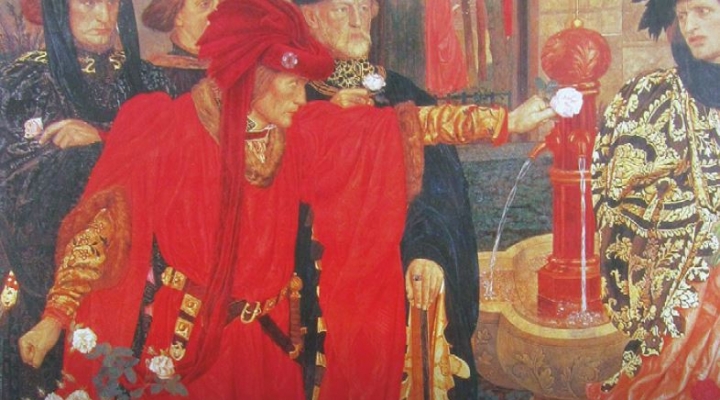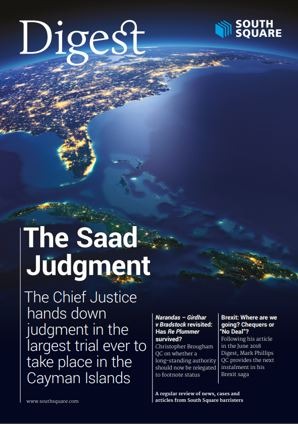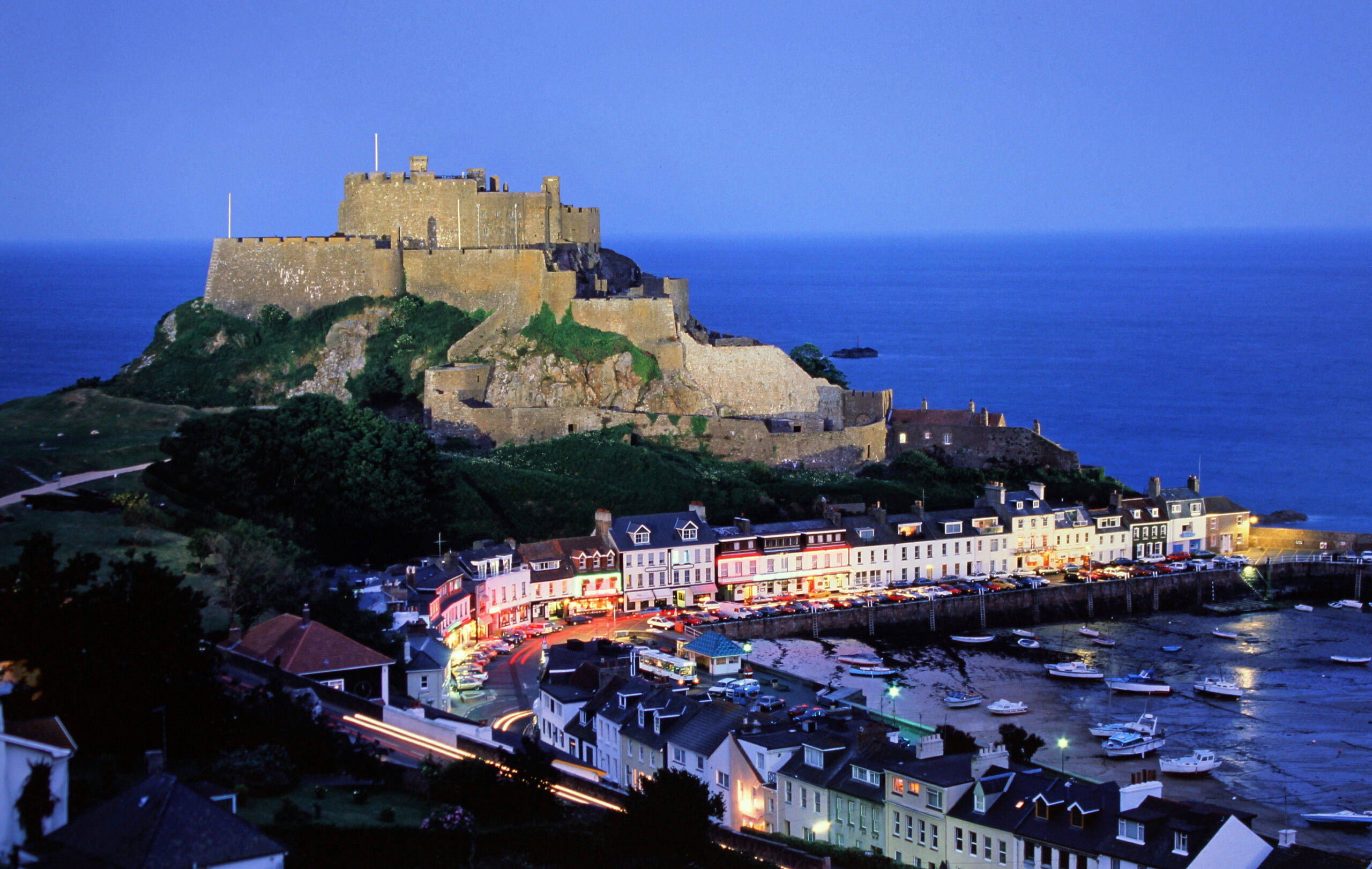

In this new regular feature of the Digest, Madeleine Jones and Rose Lagram-Taylor cast their Legal Eye over matters of legal interest, both ancient and modern. In this edition of the column, Rose explores Shakespeare’s involvement with the law, and the law’s involvement with him.
The title quote is perhaps a strange sentiment for this first article of the new Legal Eye column. But, as with most things in law, things are not necessarily as straightforward as they seem.
One might suppose by the malicious message in this rallying cry, that Shakespeare was not such a fan of us lawyer types. You would not be wrong to take this stance. However, according to a 1990 New York Times article, this line has been misinterpreted as the literal message it seems to be. Instead, the article suggests, this command (delivered by Dick the Butcher in Henry VI, Part II, Act IV, Scene II) should in fact be taken as a compliment to the attorneys and judges of the world who instil a sense of justice in society. A stretch? Maybe. But the reasoning behind this view focuses on who Dick the Butcher actually
was – a follower of the rebel leader Jack Cade, who thought that if he disturbed law and order, he could become King. So, killing all the lawyers was seen to be the only way in which society and the monarchy could be brought down.
What was Shakespeare’s relationship with the law? For those avid theatre goers out there, you may already know that several of Shakespeare’s plays feature a legal theme. Let us not forget Shylock’s demand for a pound of flesh in the trial scene of a Merchant of Venice. Shylock did in fact have a penal bond with conditional defeasance, granting him a pound of Antonio’s flesh upon nonpayment by a date which had passed. As Shylock himself submits when putting forward his case:
“The pound of flesh which I demand of him/
Is dearly bought, tis mine and I will have it./
If you deny me, fie upon your Law.”
And in Measure for Measure, each character faces judgment and his own punishment in the true sense (from which the play takes its name). See Matthew 7. 1-2 (Geneva Bible):
“Judge that ye be not judged. For with what
judgement ye judge, ye shall be
judged, and with that measure ye mete,
it shall be measured unto you again.”
Even in Henry VI, Part I, a play not typically remembered as having a legal theme, Shakespeare uses the Temple Gardens (which, tucked off Fleet Street in London, can still be enjoyed today) as a setting for one of the most pivotal scenes. Richard Plantagenet picks a white rose from a bush growing in the gardens, coaxing his followers to do the same, whilst Somerset counters by plucking a red rose and calls his supporters to follow. Warwick, in choosing a white rose laments in Act II, Scene IV:
“And here I prophesy: this brawl to-day/
Grown to this faction in the Temple-garden/
Shall send, between the red rose and the white/A
thousand souls to death and deadly night.”
Given the prevalence of the law in his plays, some in fact have theorised that Shakespeare himself was a student of the Inns of Court. We know he used at least two of them to stage his shows. The Comedy of Errors was performed in Gray’s Inn in 1594 and Twelfth Night in the Middle Temple in 1602.
Whether or not he was, Shakespeare certainly had his own run-ins with the law, and may have narrowly escaped its clutches when he failed to pay his taxes in Bishopsgate in 1597, perhaps explaining why he moved to Southwark the following year. Shakespeare also used the justice of the law to his own advantage, bringing law suits against pirate publishers. However, it is as a witness in a trial at the Court of Requests in 1612 where we see a true glimpse of the real Shakespeare. The case itself involved the family with whom the Bard lodged. They wanted their apprentice to marry their daughter, Mary, which duly took place in 1604. But, in 1612, the then-former apprentice took out an action testifying that he had not been paid Mary’s promised dowry. Shakespeare was called to testify as to his involvement in the saga in which he assisted Mary’s mother in bringing about the match. In the only record of Shakespeare’s own words, he affirmed:
“The said defendant’s wife did solicit and
entreat this deponent to move and persuade
the said Complainant to effect the said
Marriage, and accordingly this deponent did
move and persuade the complainant thereunto.”
The continuing fascination of Shakespeare and the law has not gone amiss. Numerous books on the topic exist, ranging from 19th century tomes such as J Campbell’s Shakespeare’s legal acquirements considered (1859) to the more modern-day studies like R Strier’s Shakespeare and the Law (2013). In fact, interested undergraduates can now take modules on this subject at the likes of King’s College London, Warwick University, and even Harvard.
We lawyers are still in awe of the majesty of Shakespeare’s word, the eloquence of which we can only hope to achieve. In 2015, Scott and Ami Dodson published a study which found that Shakespeare was the most quoted of all writers by the then-current Justices of the US Supreme Court, with Antonin Scalia coming out on top as the “most prolific citer and the widest read”. In fact, as pointed out in Robert Peterson’s The Bard and the Bench all 37 of Shakespeare’s plays have been quoted at least once in over 800 judicial opinions in the American courts.
However, the reach of Shakespeare in the law today extends beyond the boundaries of just America. When Oscar Pistorius was convicted of murder, the presiding judge described the case as a “human tragedy of Shakespearean proportion”. Closer to home, during the ‘Twitter Joke Trial’ of Paul Chambers v DPP in 2012, the Lord Chief Justice quoted King Lear in asserting that “social media users are “free to speak not what they ought to say, but what they feel.” And, in the boundary dispute of Strachey v Ramage [2008] EWCA Civ 384, Lord Justice Sedley recited Hamlet’s “little patch of ground that hath no profit in it but the name” when describing the source of contention.
And so whether or not Shakespeare would be happy to see all lawyers dead, this certainly won’t kill our reverence for him.
Sources:
“Kill the Lawyers”,
A line misinterpreted,
New York Times, 1990
Why lawyers love Shakespeare,
The Economist,
8 January 2016
Shakespeare and the legal world,
Counsel, June 2016






![Brake & Anor v The Chedington Court Estate Ltd [2023] UKSC 29](https://southsquare.com/wp-content/uploads/2024/02/Brake-Anor-1-scaled.jpeg)










